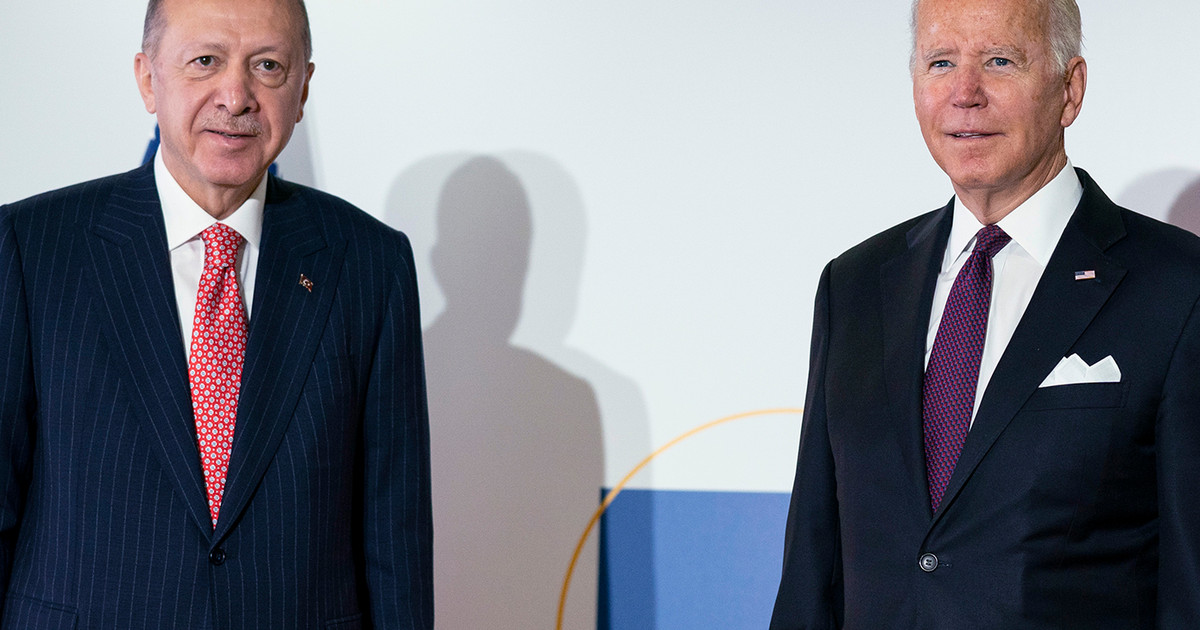The application of a booster dose of Janssen’s Covid-19 vaccine, originally adopted as a single-dose regimen, reduces the risk of hospitalization in patients infected with the Ômicron variant of the new coronavirus.
The information is part of the results of a study conducted by researchers in South Africa, published in preprint format, not yet peer-reviewed.
In Brazil, people vaccinated with Janssen should receive the booster dose, with the same immunizing agent, between two and six months after the first vaccination.
The guidance is from the Ministry of Health, based on scientific studies that show a significant increase in immunity after the application of another dose of the vaccine, especially with a longer interval of six months.
understand the study
A first study, called Ensemble 2, demonstrated significant gains in the effectiveness of the Janssen vaccine, with a regimen of two doses, given two months apart.
From that result, the researchers expanded the analysis to include the booster dose for more than 227,000 healthcare workers in South Africa, out of nearly 500,000 who had previously been vaccinated with the single dose of the immunizer. The booster was offered six to nine months after the first immunization.
The effectiveness of the booster dose of the vaccine was estimated by comparing data from just over 69,000 professionals with information from unvaccinated individuals. The effectiveness in preventing hospitalizations increased over time: from 63% (from 0 to 13 days), to 84% (from 14 to 27 days), reaching 85% (from 1 to 2 months) after application.
“We provide the first evidence of the effectiveness of a homologous Ad26.COV.2 vaccine booster [nome técnico da vacina da Janssen] administered 6-9 months after the initial single vaccination series, during a period of circulation of the Δmicron variant. These data are important given the increasing dependence on the Ad26.COV.2 vaccine in Africa,” the article reads.
Envelope to Ômicron variant
The Ômicron variant of the novel coronavirus was identified in November 2021 and classified by the World Health Organization (WHO) as a variant of concern. The lineage has already been detected in more than 100 countries.
According to the WHO, current understanding of the variant continues to evolve as more data becomes available. With the emergence of Ômicron, there was a decrease in the prevalence of the Delta variant and in the level of circulation of the Alpha, Beta and Gamma strains.
Transmission of the Ômicron variant has occurred even between vaccinees and people with a history of previous Covid-19 infection. According to the WHO, there is significant scientific evidence that the variant is associated with milder clinical conditions of Covid-19 compared to other viral strains.
Reference: CNN Brasil






